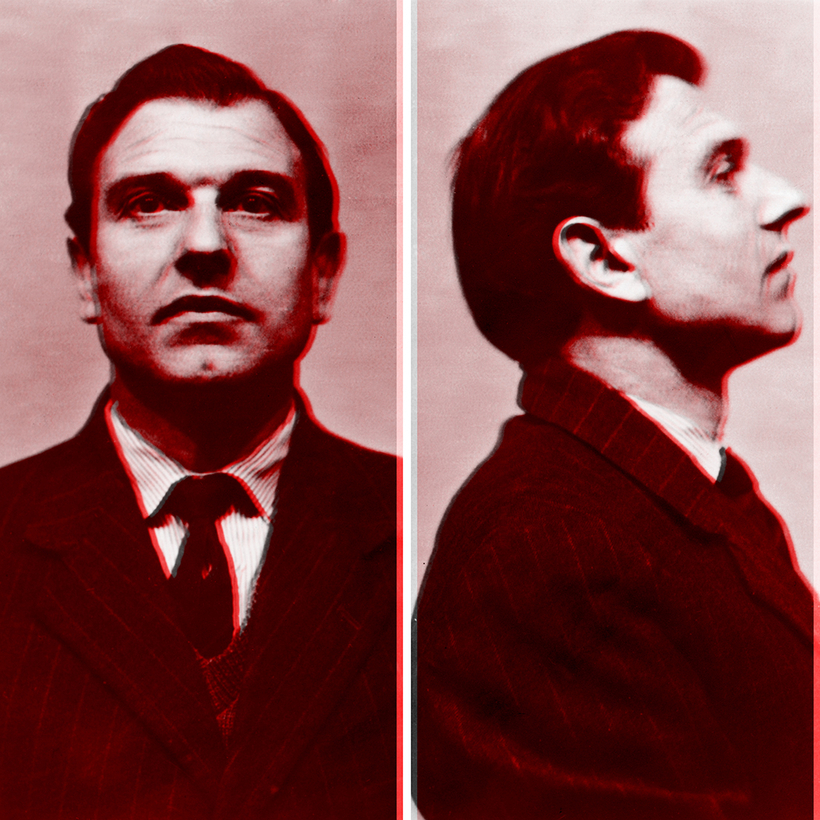The Happy Traitor: Spies, Lies and Exile in Russia—The Extraordinary Story of George Blake by Simon Kuper
Where was their patriotism, then? They sang when he ran. George Blake’s fellow prisoners in Wormwood Scrubs gave a hearty rendering of “For He’s a Jolly Good Fellow” after he sprang over the wall just before 7pm on October 22, 1966, in a jailbreak that made headlines for months. A Scrubs murderer wrote gleefully: “He’s f***ed ‘them’.”
Jolly old George, their favorite cellmate, had made fools of the prison system; of the judiciary, which five years earlier gave him a 42-year sentence; of the Secret Service, which employed him for almost two decades; and of his wife and three sons, blithely ignorant of his contract with Moscow.


